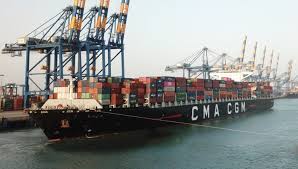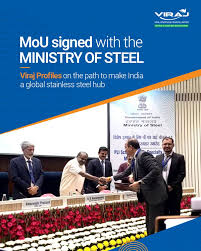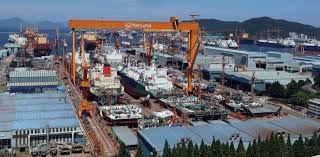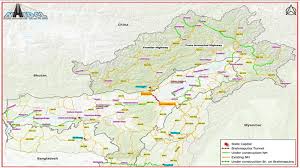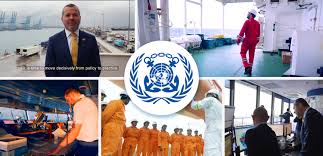Dr. Pushpendra Pratap Singh, Country Head, Asia Shipping, explains that in today’s dynamic logistics sphere, shippers face the paramount challenge of attaining end-to-end visibility and transparency within their supply chains. This task is further complicated by the ever-evolving logistics landscape characterized by global disruptions, geopolitical tensions, and shifting consumer behaviours.
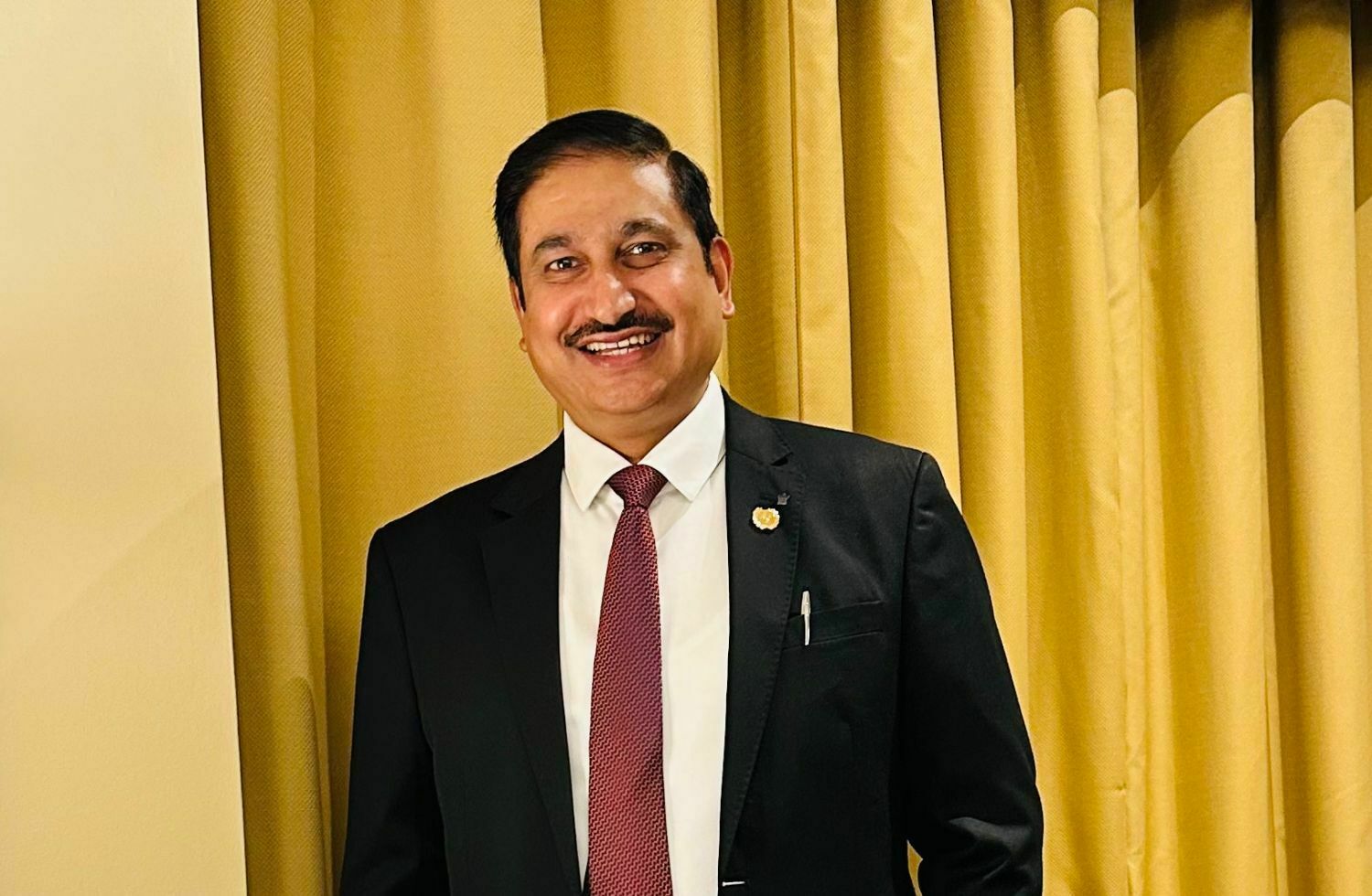
He emphasises the need for logistics partners to prioritise collaboration, agility, and comprehensive contingency planning for resilient supply chains.
To address these issues, he emphasises a strategy built on data-driven decision-making. Utilising advanced analytics, real-time tracking, and IoT solutions, shippers gain actionable insights, enabling them to proactively identify and mitigate potential disruptions, ensuring operational continuity amid the volatile business environment.
Strong alliances
He emphasises the need for logistics partners to prioritise collaboration, agility, and comprehensive contingency planning for resilient supply chains. He advocates partners transcending their roles as service providers and evolving into strategic collaborators committed to mutual success. Effective strategies, as highlighted by Dr. Singh, involve meticulous scenario planning and rigorous risk assessment.
During disruptions, he places paramount importance on open communication channels with logistics partners for swift decision-making. He also emphasises diversifying the logistics network and collaborating with partners across regions to ensure adaptability in the face of changing circumstances, whether due to natural disasters or geopolitical tensions.
Performance metrics
Dr. P. P. Singh underscores the critical role of KPIs in enhancing supply chain efficiency. Metrics such as on-time delivery, inventory turnover, and order accuracy significantly impact customer satisfaction and align seamlessly with core business objectives. Additionally,
Dr. Singh highlights the importance of sustainability metrics, encompassing carbon emissions, fuel efficiency, and eco-friendly packaging.
These metrics demonstrate their unwavering commitment to environmental responsibility, and he urges logistics partners to prioritise them, promoting the development of a more eco-conscious supply chain.
Tech-driven future
He envisions a future supply chain characterised by increased automation and seamless technology integration, with artificial intelligence, blockchain, and IoT playing key roles in enhancing visibility and efficiency.
They are actively investing in digital infrastructure and talent development to harness these advancements. While challenges like data security and rapid technological changes loom, Dr. Singh remains optimistic about the abundant opportunities ahead, including process optimisation, cost reduction, and improved customer value delivery.
Collaboration
In long-term supply chain management, his strategy revolves around cultivating enduring relationships. Prioritising transparent, mutually beneficial partnerships, bolstered by regular communication, performance evaluations, and shared KPIs.
They actively engage in joint sustainability efforts, championing responsible practices throughout the supply chain. These robust connections foster a shared sense of responsibility and accountability, fortifying resilience during periods of disruption.
Green initiativesDr. P. P. Singh underscores their unwavering commitment to sustainability, which leads to eco-friendly measures such as optimised transport routes, energy-efficient warehousing, and recyclable packaging. These initiatives not only reduce their carbon footprint but also resonate with environmentally conscious consumers. Their logistics partner selection process prioritises providers with strong sustainability records, promoting green practices throughout the supply chain.

